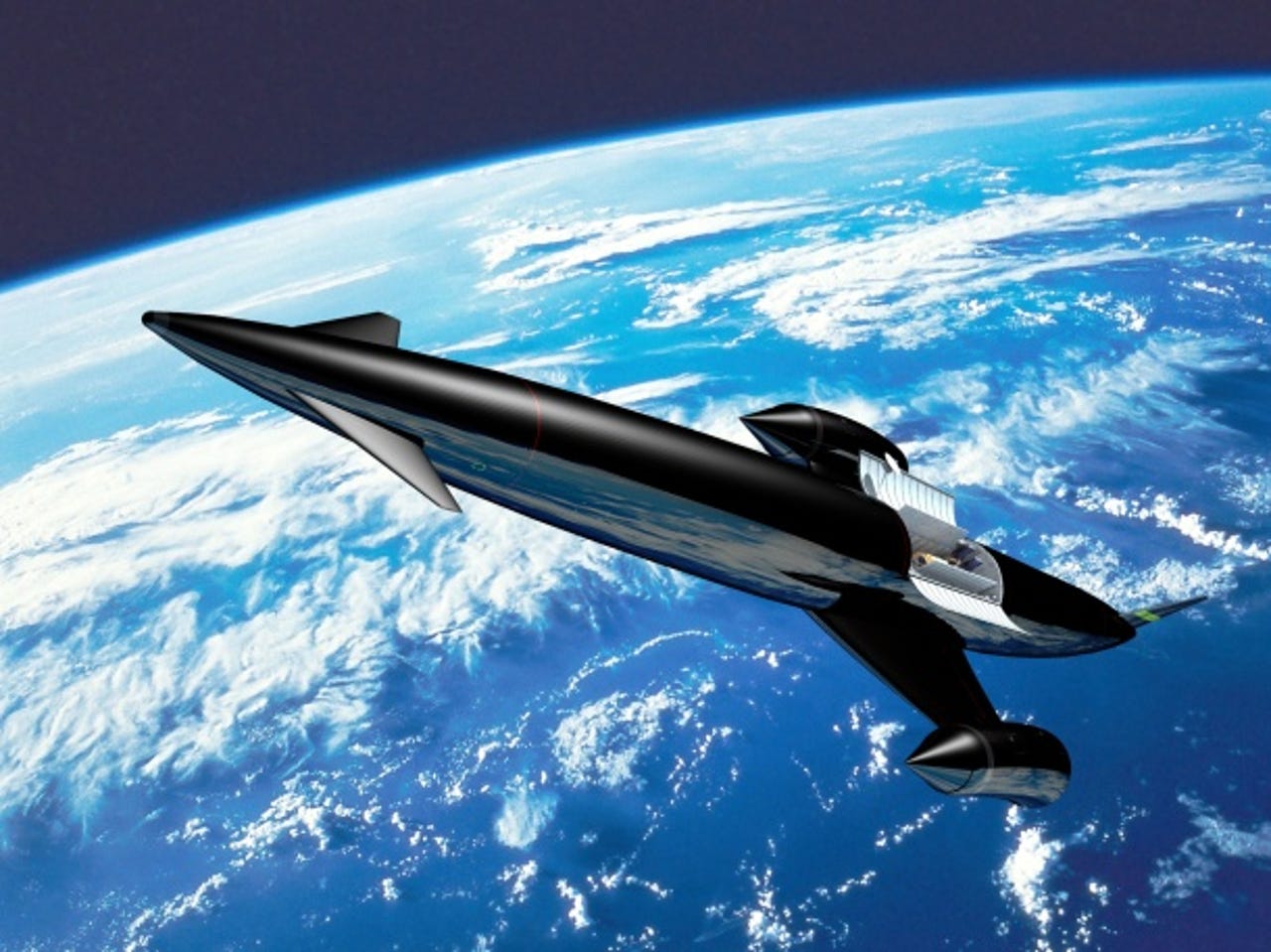Europe sets goals for space as UK bumps up cash for ESA

Ministers from around Europe met in Naples, Italy on Tuesday for a summit to decide on the European Space Agency's future goals in space.
Representatives from each of the 20 states that comprise the ESA will set the agency's €12bn budget and establish which of its wide-ranging areas of research will get priority. The meeting will conclude on Wednesday.

The ESA's activities range from scientific research to meteorology, Earth observation, telecoms and helping to run the International Space Station (ISS). One of its projects is the Galileo satellite grid, a rival to GPS, that is being deployed in stages. It is also backing the Skylon spaceplane project, under development by British company Reaction Engines.
The summit comes as the UK stumps up more cash for the ESA's activities. Britain's contribution to the ESA will increase by around 30 percent to £240m a year over the next five years, as the government seeks to spur growth in the space sector.
"For this government, obviously, growth is our top priority, and we're focusing our investment here on the areas where we think we're going to get at least a four to one return," science minister David Willetts told the BBC Today programme on Tuesday.
George Osborne previously announced a £60m boost to space spending on 9 November. Most of that money will go towards ESA projects, as Willetts pointed out, "Space is such a big complicated thing, it's very hard for any European country to do it on its own".
Willetts said the money would go on areas such as satellite development and meteorology. "We are backing sectors where Britain has got great strengths, for example the next generation of telecomms satellites," he said. "We think that satellite broadband, satellite TV, satellite communications will be very important to the future," Willetts added, noting that around one-quarter of the world's commercial satellites are made in the UK.
The UK space industry was worth £9.1bn in 2010/11, according to the Department for Business, Skills and Innovation, which has ambitions of growing the sector to £30bn by 2030.